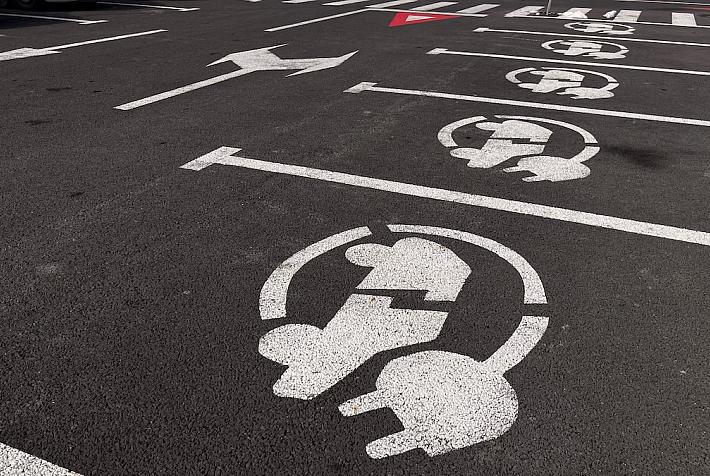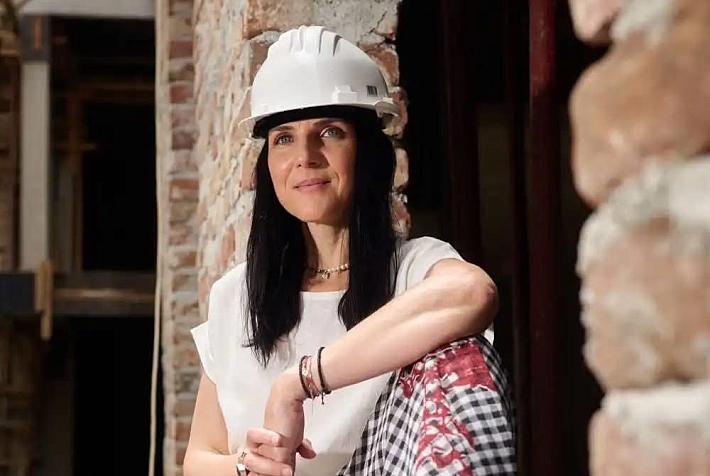EY: Majority of Romanian entrepreneurs find access to funding difficult

Almost 90 percent of Romanian entrepreneurs consider access to funding to be difficult or very difficult, while almost half of them say that access to funding deteriorated in 2013 compared to the previous year according to the EY study - Entrepreneurs Speak Out: The Romanian Entrepreneurship Barometer 2013.
“Compared to last year's edition, when funding sources such as venture capital, angel investors and private equity were unfamiliar, these financial instruments are viewed this year as having the most important potential impact on entrepreneurs’ businesses, after bank loans,” reads the study.
However, despite the difficulty in accessing funding, local entrepreneurs don’t consider financing as the most important obstacle in the set up and development of companies in Romania. Over 40 percent of the respondents consider uncertainty of the fiscal environment, bureaucracy and tax rates to be the biggest obstacles.
Also, 87 percent said there is no visible progress in the last year: 72 percent believe that the regulatory and taxation environment deteriorated in 2013 compared to 2012, while 15 percent see no change.
Most Romanian entrepreneurs believe that ensuring the stability of the regulatory and fiscal environment and simplifying laws are the two major priorities for the development of entrepreneurship in Romania, even more important than reducing tax rates.
The EY study also shows that almost 60 percent of the respondents believe that the Romanian society doesn’t support entrepreneurship, compared to 43 percent of entrepreneurs in the EU and almost 30 percent of the respondents in the G20 countries.
“In terms of positive sentiment towards entrepreneurs, Romania is ranked 18th of 21 countries surveyed in the Entrepreneurship Barometer (Romanian and G20 edition), with only 35 percent of answers,” according to the EY Barometer.
Fear of failure also remains one of the most important barriers in approaching entrepreneurship.
Only 14 percent of the respondents think that the Romanian society tolerates failure in business, while over 80 percent believe it to be a barrier in future projects, a failure in career or that it indicates the lack of necessary skills. Only 5 percent see failure in business as a learning opportunity.
Of a total of 21 countries analyzed, Romania comes second-to-last in the ranking on the positive attitude towards risk and failure, followed only by Brazil.
However, almost 60 percent of the Romanian entrepreneurs say that entrepreneurship education has improved in 2013.
Also, 40 percent of the respondents consider that the help offered by specialized organizations, such as clubs or associations of entrepreneurs, has improved in 2013. Asked what action/organization would have the greatest impact on the development of entrepreneurship, business leaders indicated the government, through programs specially dedicated to start-ups and entrepreneurs, shows the study.
EY Romania’s study is based on an online survey examining the perceptions of 106 Romanian entrepreneurs, face-to-face interviews with10 entrepreneurs and analysis of more than 200 best practices and government initiatives in G20 countries.
Irina Popescu, irina.popescu@romania-insider.com












